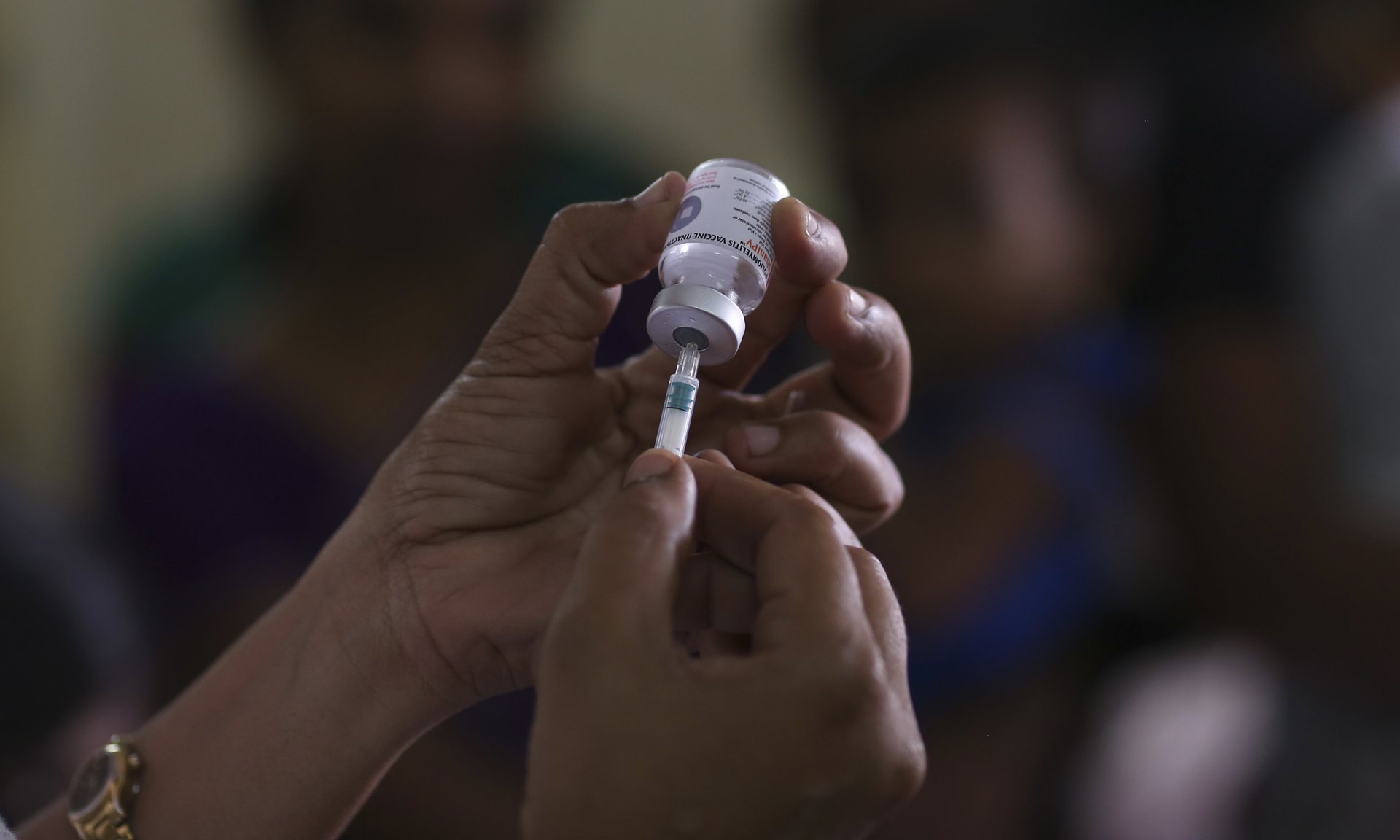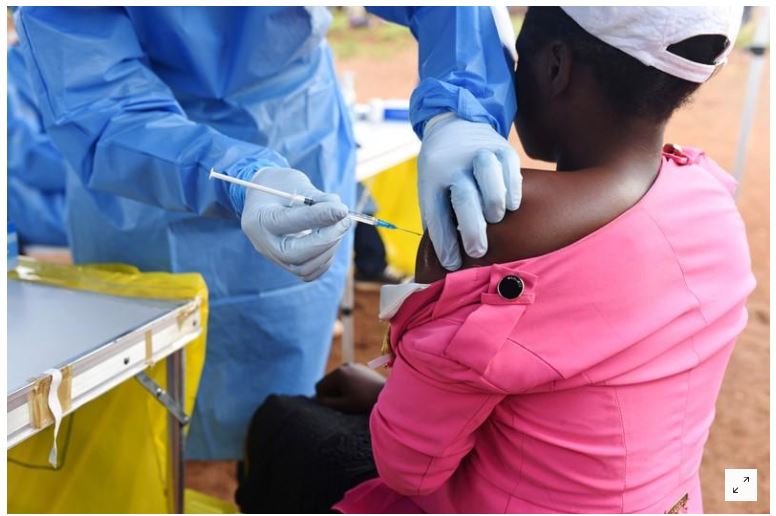I can point to the exact, pivotal moment when anxiety became a serious problem for me. It was a normal day in December and I was a college student, registering for classes for the following semester. I was in college before the Internet existed and so I had to go into the basement of this old campus building to choose my courses. I remember checking out sheets of paper taped to a cinder block wall and feeling fine. Sure, I was tired from studying late into the night and it was becoming chilly outside, but I was okay. And then, a second later, I wasn’t.

My heart started to race, I broke out into a sweat, and I started breathing rapidly, unable to catch my breath. All of a sudden, the words on the wall before me started to warp. There were gray blotches in front of my eyes and I was gripped with this overwhelming terror that I was going to die because something in my body had suddenly gone way wrong. What was happening, I now know, was a panic attack.
According to the Diagnostic and Statistical Manual of Mental Disorders, panic attacks typically peak 10 minutes after they begin. But my first panic attack experience ushered in about a month where I felt terrified—the racing heart, the shortness of breath—pretty constantly. The terror immobilized me so much so that I landed on my parents’ sofa and hardly got up for a four-week period. When I did get up, it was so my parents could take me to a doctor who checked me out, took some blood tests, and did an EKG. I was diagnosed with mitral valve prolapse, which is an anomaly of the heart valve, and a generally benign disease. That was the end of that line of exploration.
I took incompletes in my classes that semester because I was in no shape to take my finals. When the new term started, I went back to school. I spent the whole year on a medical odyssey, trying to figure out what was going on with me. Things got fairly better: I got off the sofa, I was able to take a couple of classes, but I was very impaired. Fear was my baseline and I was tired all the time—when your body is constantly on high alert, it’s exhausting.
My mom would periodically drive up and we would go to various specialists. Because my anxiety was a whole-body illness, I saw a specialist for every part of my body that I was feeling symptoms in. A cardiologist checked out my heart, and a neurologist scanned my brain. Doctors speculated about what was wrong with me—saying it might be multiple sclerosis or Epstein-Barr virus, or chronic fatigue syndrome—but never formally diagnosed me. Whenever an intense panic attack occurred, I ended up in the emergency room, but left every time without a diagnosis.
A year later, I was desperate. I couldn’t see how I could live like this anymore, or how doctors could possibly help me. After seeing another neurologist, who sent me to a psychologist, I hit my breaking point. “I’m not leaving your office until you help me,” I told her. “I can’t keep going like this.” She said that she could prescribe me Prozac, an antidepressant that had been released three years prior, or she could send me to the Anxiety Disorders Clinic at the University of Michigan hospital. That was the first time anyone had mentioned anxiety. I finally received the proper diagnosis.
And the symptoms finally made sense. I had never heard of a panic attack until my diagnosis, and now I know that it’s actually a threat response. Understanding that panic attacks were a haywire version of something my body was designed to do was hugely important. I wasn’t dying or going crazy—the two things I feared the most.
Before, I was worried my symptoms were the first steps in a psychotic episode, since my grandmother was very mentally ill and had been in a psychiatric facility for three years before she passed. But I learned anxiety does not lead to psychosis—this was not a slippery slope that would lead me to an inpatient facility.
My long road to a proper diagnosis had caused me to develop a lot of avoidance behaviors—which is common for people who go long stretches without being treated for their anxiety disorders. My brain would associate panic attacks with the places and times they occurred, driving me to avoid many situations someone else would find completely safe.
If I was standing in line at a coffee shop and had a panic attack, my brain would link panic with standing in line at a coffee shop, and so the next time I wanted coffee, I wasn’t willing to go. I stopped going to coffee shops. I stopped standing in lines, going to football games, seeing movies. My world was getting smaller and smaller. If I had been diagnosed and treated sooner, I think a lot of the misery from those situations would have been averted.
My illness was pretty entrenched in my day-to-day routine, and I felt so physically fragile that I refused to take medication, even though my therapist begged me to try it. I felt so out of control that I was too afraid to put something foreign in my body, so instead I went to cognitive behavioral therapy (CBT), another effective method for treating anxiety disorders.
CBT, plus the passage of time, are what got me to a healthier place in my college years. As part of CBT, I went through exposure therapy, and was gradually exposed to situations I was most afraid of. Having an accelerated heart rate scared me, so my therapist made me run up flights of stairs, urging me to welcome that feeling, rather than fear it. It’s a way to prove that what you fear—in my case, death from a racing heart—isn’t going to happen. After doing it over and over and over, that logical belief becomes sturdier.
I went through exposure therapy for every situation that scared me, every situation I was avoiding because of my anxiety. It was certainly not fun. But ultimately, it worked.

